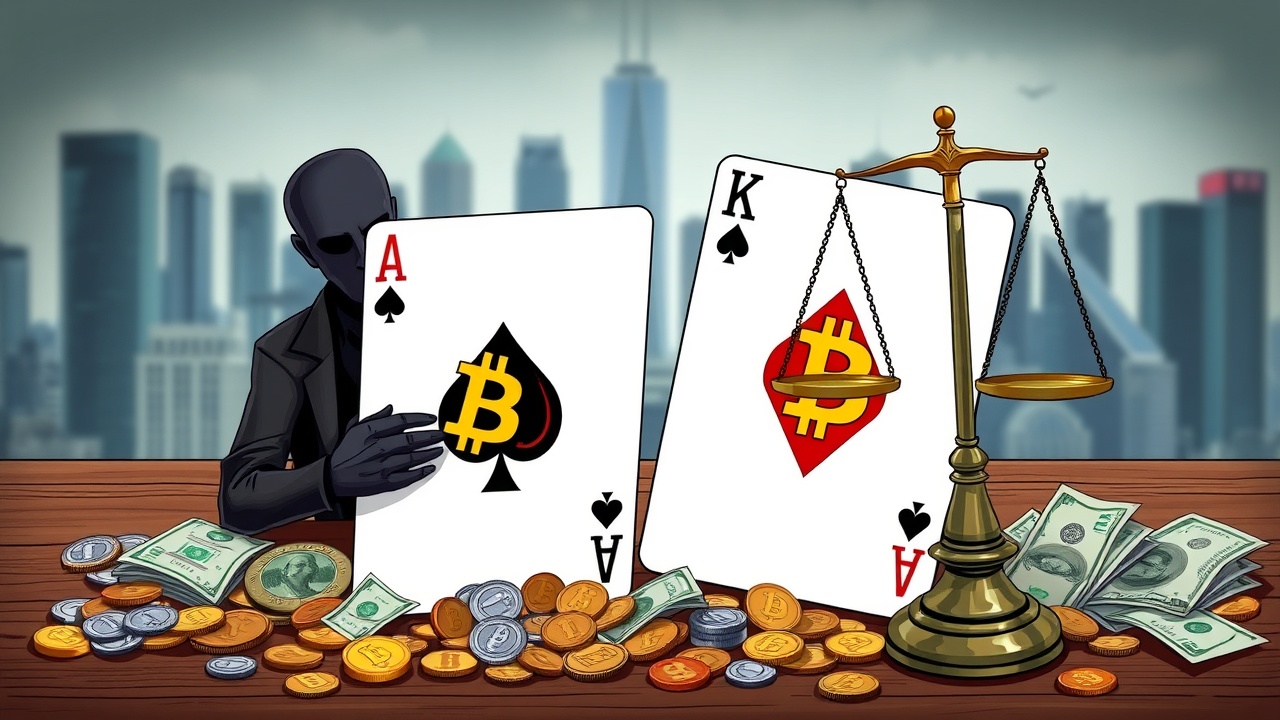IMF Addresses El Salvador’s Bitcoin Management
During a recent media session on July 24, officials from the International Monetary Fund (IMF) addressed ongoing questions regarding El Salvador’s management of its bitcoin reserves. Notably, they clarified that the total volume of bitcoin in the nation’s wallets remains unchanged and that any reported increases in the reserve are solely due to transactions between different wallet addresses rather than new purchases.
This clarification has come in the wake of claims by President Nayib Bukele‘s administration that they are continuing to buy bitcoin despite the terms outlined in their $1.4 billion loan agreement with the IMF.
Contradictions and Clarifications
Matthew Lee from Inner City Press pressed IMF spokesperson Julie Kozack directly on the matter, pointing out the contradiction between the Salvadoran government’s statements about ongoing acquisitions of bitcoin and the IMF’s assertions about merely transferring assets among different wallets. Kozack emphasized that, while the country’s economic performance appears robust and imbalances are being corrected, the risks associated with bitcoin operations are being managed effectively.
Kozack further stated that the activities of the Strategic Bitcoin Reserve Fund align with the IMF’s program guidelines, reiterating that the reported increases in the reserve fund originate from internal wallet movements rather than fresh purchases.
This aligns with the assessments from a recent compliance report detailing El Salvador’s program performance, which reinforced that what the government claims as acquisitions are actually transfers within its own infrastructure.
Transparency Concerns
In stark contrast, the National Bitcoin Office in El Salvador continues to advocate that its reserve now totals 6,250.18 BTC, presenting these internal transactions as new acquisitions. This situation raises questions about transparency and adherence to the terms agreed upon with the IMF.
For additional insights, you may refer to the IMF’s detailed assessments that shed light on the intricacies of El Salvador’s bitcoin holdings.




